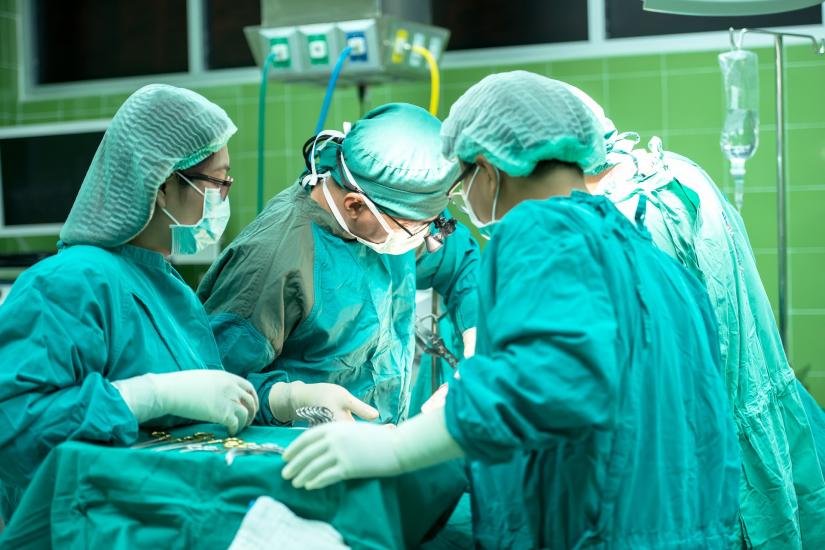More than 4000 COVID-19 cases have been confirmed in Australia, and experts are warning a surge in cases could potentially compromise the country's health care system.

Image: Pixabay
More than 4000 COVID-19 cases have been confirmed in Australia, and experts are warning a surge in cases could potentially compromise the country's health care system.
A recent panel discussion with leading Australian experts in health economics, broadcast on the UTS Think: Business Futures podcast, examined the preparedness of our hospitals and health care system.
Panel participants included UTS Centre for Health Economics Research and Evaluation Director Rosalie Viney, UTS Financial and Performance Transformation in Healthcare Group Director Prabhu Sivabalan, and Health Program Director at The Grattan Institute Stephen Duckett.
Dr Duckett discussed the cracks in Australia's health system, and pointed out the structure itself is limiting our response to the pandemic.
“One of the things we're seeing with the response to COVID-19 is that the way the health system is structured, the very essence of the health system, is shaping our response and it's limiting our response,” Dr Duckett said.
“In an epidemic, you don't need to have everybody fronting up to see a GP,” he said.
Dr Duckett summarised Australia’s health structure as 'GP-centric' and said while the fee-for-service model worked well in normal times, it was not ideal when it comes to a pandemic.
Instead he noted the example of the English NHS directing people who required testing to drive-thru clinics staffed by nurses, which could free up doctors to concentrate on more serious cases.
Professor Viney said there were also hidden costs to the pandemic that need to be addressed, and noted that an extended shutdown would put additional strain on the system.
“There's the question of how our health system will cope with people who already have chronic diseases… health problems that need to be dealt with…particularly with elective surgery put on hold,” she said.
“That has flow on implications because if somebody can't get their hip replaced at the moment, and can't for the foreseeable future, that's a long-term impact on their health and wellbeing, and it's possibly a long-term impact on what they're able to do,” she said.
Professor Viney also highlighted the strain on people's mental health, particularly from the reduction in social interaction due to the shut-down.
“Anxiety, depression, mental health issues resulting from the more general economic problems… need to be addressed,” she said.
Professor Sivabalan discussed the financial margins of our healthcare system, and how it is predicated on activity-based funding. He noted that money would be made available, but there was still uncertainty in obtaining supplies all at once.
“We've got what we think is a really good health system and an efficient health system in a lot of ways. But that efficiency…doesn't leave a lot of margin,” said Professor Sivabalan.
“The issue is it's not just about the money, it's about the resources. It's about the nursing that's available. It's about the doctors that are available, and it's about the equipment.
“In terms of pharmaceuticals in Australia, there's a requirement for the supplier to guarantee supply and to alert the government if they're unable to guarantee supply, but that may not apply as fully across some other areas of medical equipment,” he said.
Dr Duckett, Professor Sivabalan and Professor Viney all provided an overview of what should happen going forward, and noted that infections need to be minimised while governments build hospital capacities.
“This pandemic highlights more than anything, the butterfly effect, where if even one person behaves in a way that's misaligned, and they happen to have the virus when they otherwise think they don't, the effect of that can be catastrophic,” said Professor Sivabalan.
“If we want the effects of this virus to be minimised, and we want these broader societal benefits at an individual level, we really have to partake in the contract we have with broader society, and practice social distancing, follow the advice of government, and limit contact.
“If we do, our health care system, as much as we don't want this crisis, will be all the better for it six months from now,” he said.
Listen to the Think: Business Futures podcast.

